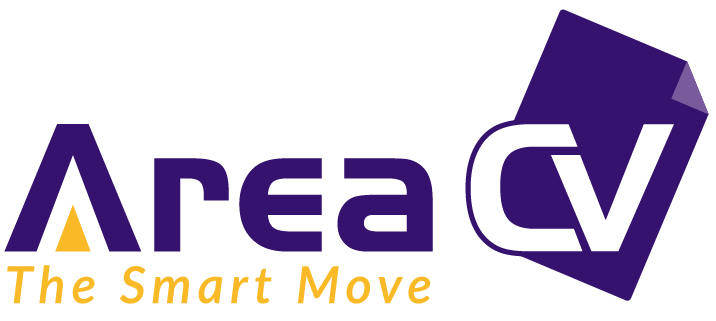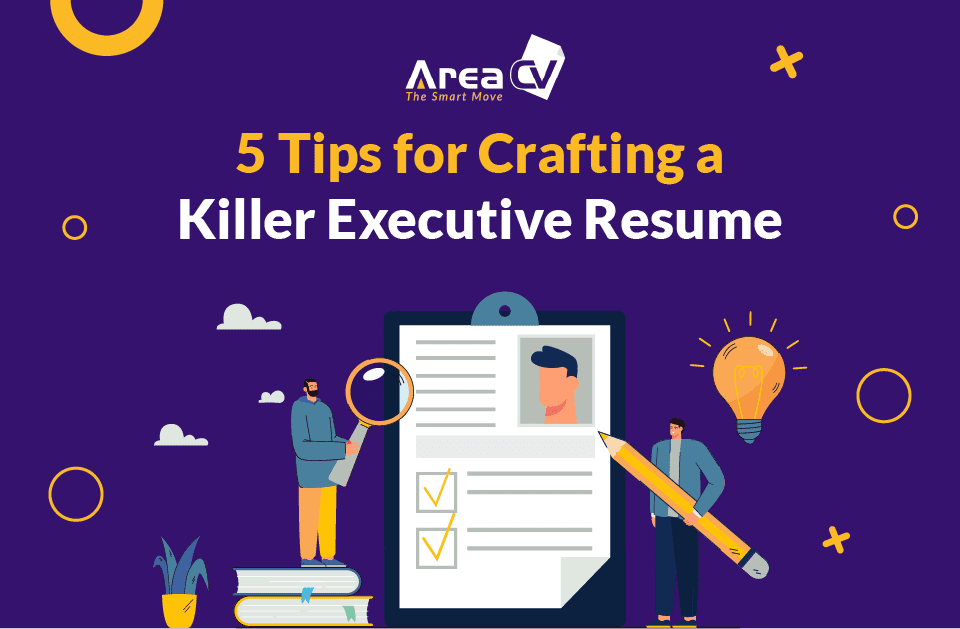
Contributing Writer (Remote)
October 19, 2023
How Long Should Your Résumé Be?
October 27, 2023In this article, we’ll explore common red flags that frequently lead hiring managers to reconsider candidates. From inauthentic behavior to questionable resume claims, we’ll delve into the signals that make professionals hesitate during the hiring process.
Red flags to watch out for during the hiring process
Candidate’s main red flags can be summarized across four categories: attitude, competence, communication, and inconsistencies.
- Attitude
- Questionable Motivation
A poor attitude is a significant red flag. The interview is your opportunity to make a positive impression on potential employers. If the recruiter detects that you haven’t thoroughly researched the company or the role, it may indicate a lack of interest. This lack of enthusiasm can result in reduced job satisfaction, subpar performance, and an increased likelihood of leaving the job prematurely.
- Victimization
When discussing your experiences, it’s best to focus on resilience and personal growth. Avoid dwelling on feeling like a victim, as this can send the wrong message. Hiring managers appreciate candidates who have overcome challenges, emphasizing the lessons learned and how they’ve emerged stronger. We value self-reliance, the ability to work independently, and a clear sense of your career path. Rather than aiming to “get by,” aim to thrive and make a meaningful contribution
- Issues with past managers
In addition, a candidate who cites a pattern of difficulties with managers as the reason for job changes might be a concern. This might suggest a deficiency in conflict resolution skills or an unwillingness to acknowledge managerial authority. Such characteristics can result in team conflicts and disrupt the work environment. When a recruiter notices recurring trends like “I had issues with my manager” on multiple occasions, it could be an indication that the candidate can be the source of these issues.
Competence
- Lack of knowledge of key aspects of the role/basic industry terms
If you’re interviewing for a marketing position and the person doesn’t know what SEO is, keep looking. Or if you’re conducting an interview with a graphic designer who can’t explain the difference between RGB and CMYK color modes, it’s a clear sign to consider other candidates.
If the person doesn’t know the basic terms in the industry they claim to work in, it’s a red flag. We make allowances for people new to the industry or those changing lanes in their careers. If they claim to be an expert or experienced, they must know basic industry terms.
- Lack of progression
When evaluating a candidate with five years of work experience, consider their career progression. Did they diversify their roles and responsibilities, or did they perform identical tasks for the entire duration? If a candidate consistently sticks to the same routine, it may indicate a lack of ambition, drive, or professional growth. This stagnation might be attributed to a lack of motivation, diminished interest, or underdeveloped skills.
- Research
Candidates who don’t do research are bad candidates. Candidates who display this behavior tend to adopt a scattershot approach to job hunting, applying indiscriminately and accepting whatever opportunity comes their way.
A good recruiter knows when a candidate demonstrates a lack of clarity regarding the role they’ve applied for. Posing fundamental inquiries about the company’s fundamental operations, such as seeking clarification about the firm’s industry, as in the case of a software company, or its financial services when it indeed operates as a bank.
Communication
- Body language
The majority of recruiters, HR managers, and talent acquisition professionals possess expertise in interpreting non-verbal cues. They are skilled in identifying inadvertent signals from candidates, such as a weak handshake, lackluster eye contact, or inappropriate attire.
During interviews, body language can influence the interviewer’s perception of the candidate and impact the outcome of the interview. Making eye contact, sitting up straight and using appropriate gestures are some body language tips to keep in mind during an interview.
- Tone of Voice
The tone of voice is a crucial aspect of communication, capable of conveying emotions and attitudes not always evident in the words alone. During an interview, a candidate’s tone reveals their confidence, enthusiasm, and interest in the role. It also provides insights into their personality and communication style. Hence, it is vital for both the interviewer and interviewee to be mindful of their tone and use it effectively for communication.
Inconsistencies
- CV vs Reality
Candidates sometimes employ elaborate language in their CVs to present their career experiences in a favorable light. However, on occasion, these descriptions are embellished to such an extent that the individual depicted on the CV diverges significantly from the person you meet during the interview. The CV becomes a creatively exaggerated reinterpretation of their actual experiences.
Personally, I’ve encountered instances where candidates misrepresented their qualifications on their CVs. Once, an individual struggled to provide details about their work history without referring to their own CV. It became evident that they were not the true owner of that CV. To verify, I asked to see their CV and proceeded to question them about their listed job experiences, including one position I fabricated, and they continued to feign knowledge.
- CV vs Linkedin
Inconsistencies between a candidate’s resume and their LinkedIn profile, or instances of withholding information about previous employment, present significant concerns. These inconsistencies not only cast doubt on their honesty but also call into question their regard for the recruitment process. Transparency is a fundamental element in establishing trust and facilitating a successful placement.
_________
Transparency, authenticity, and preparation are key elements for approaching an interview, building trust, and ensuring a successful placement.
WANT TO STAND OUT IN AN INTERVIEW?
Area CV is your trusted partner to help you uncover your hidden weaknesses or shine like a pro. Learn how to ace a virtual interview, and stay at the top of your game with networking strategies and salary negotiation tips.
.




